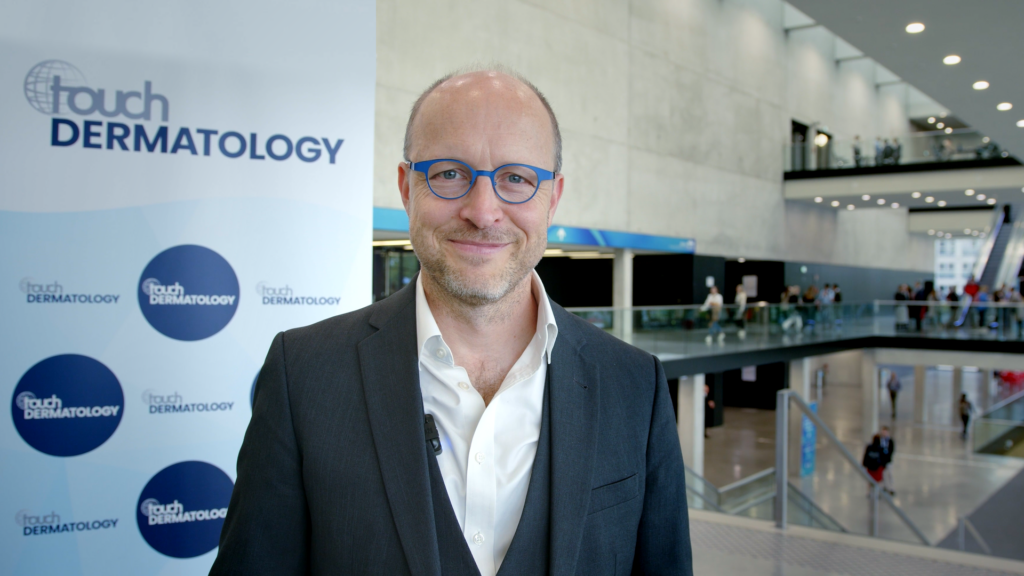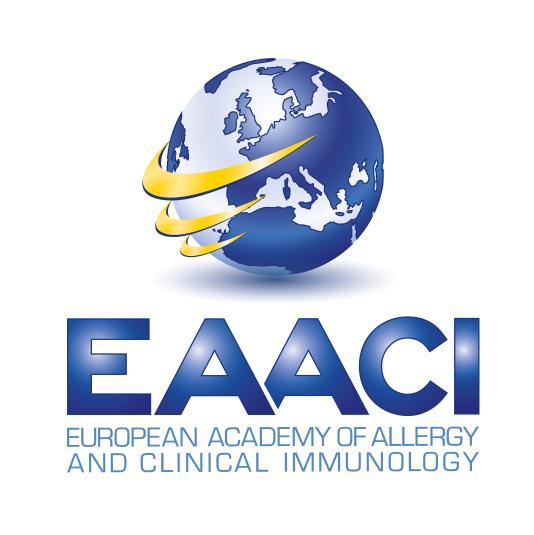Allergic Conditions
An Introduction to Allergic conditions
Allergic skin conditions result from the immune system’s abnormal reaction to various substances upon skin contact. These conditions can cause a wide range of symptoms, including itching, redness, rash, swelling and sometimes blistering. Common allergic skin conditions include contact dermatitis, atopic dermatitis (i.e. eczema), urticaria (hives), angioedema, allergic fungal rashes and pruritus (itching). The management of allergic skin conditions often involves identifying and avoiding triggers, using topical corticosteroids, antihistamines, moisturizers and other medications for alleviating symptoms. In cases of severe allergic reactions, prompt medical attention may be required. Raising awareness about these conditions, practising proper skin care and seeking medical advice for accurate diagnosis and treatment are crucial for effectively managing allergic skin conditions.
Our supporting partners do not constitute an endorsement of the content on this page.

This year, we are celebrating our inaugural touchDERMATOLOGY Future Leaders to recognize the outstanding talent that has entered our field in recent years. These individuals are set to innovate and transform dermatology in the years to come. Representing a diverse range of expertise from across the globe, these highly accomplished clinicians are among the brightest minds shaping the future of dermatology. We had the pleasure of learning about their unique career journeys, motivations, and the inspirations that have guided their paths. They also shared their perspectives on the most exciting developments in dermatology today, along with their hopes for the future of the field. Congratulations to all our touchDERMATOLOGY Future Leaders, and thank you for sharing your stories, insights and ambitions with us.

With a career that bridges continents and disciplines, we are delighted to feature Dr Yi-Kui Xiang in our touchDERMATOLOGY Future Leaders 2025 initiative. Based in Berlin, Germany, Dr Xiang serves as a clinical scientist at both the Charité Institute of Allergology and the Fraunhofer Institute for Immunology and Allergology, but also maintains a clinical role at the Shanghai Skin Disease Hospital in China. His research interests span from urticaria, IgE-mediated autoimmunity and allergology to alopecia, pruritus, psychodermatology and patient-reported outcomes.

Physician burnout is at a critical point. In this episode, Nicky speaks with Dr Alfred Atanda about why so many physicians are burning out and what can be done to change the trend. From personal experience to system-wide solutions, Dr Atanda shares valuable insights on improving physician well-being and building a more effective healthcare culture.

We are delighted to announce that Professor Luis FC Ensina has joined the Expert Faculty of touchDERMATOLOGY. A distinguished allergologist, Professor Ensina is renowned for his expertise in urticaria, drug allergies and angioedema. His extensive contributions to clinical care, research ...

Renowned for his work in urticaria, drug allergies and angioedema, Professor Luis FC Ensina is a distinguished allergologist. As a Professor of the Division of Allergy, Clinical Immunology and Rheumatology at the Federal University of São Paulo, Brazil and ...

Multidisciplinary experts discuss the diagnosis and management of patients with systemic mastocytosis.





Atopic march is a concept where the natural progression of atopic dermatitis culminates in allergies including food allergies, conjunctivitis and respiratory allergies, atopic march presents differently amongst patients and the order of progression can vary substantially. touchDERMATOLOGY were delighted to speak with Prof. Carsten Flohr (Guy’s & St Thomas’ NHS Foundation Trust, London, UK) around the progression of atopic march, the associated comorbidities, impact of early detection and prevention strategies on patient outcomes. The presentation 'Early intervention to prevent atopic march?' (Presentation ID D2T02.2A) was presented at EADV 2023, Berlin, 11-14 October 2023 #EADVCongress. Questions Could you describe the progression of atopic march? (0:11) What comorbidities are associated with atopic march? (1:19) What impact is early detection of atopic dermatitis thought to have in the prevention of atopic march? (1:56) What therapies are thought to prevent the development of atopic comorbidities? (3:21) Disclosures: Carsten Flohr has nothing to disclose in relation to this video interview. Support: Interview and filming supported by Touch Medical Media Ltd. Interview conducted by Victoria Jones and Katey Gabrysch. Filmed in coverage of the EADV Annual Meeting. This content was developed by Touch Medical Media and is not affiliated with the European Academy of Dermatology & Venereology (EADV) or the congress. Click here for more content on atopic dermatitis & for further EADV 2023 highlights visit here.
Latest articles videos and clinical updates - straight to your inbox
Log into your Touch Account
Earn and track your CME credits on the go, save articles for later, and follow the latest congress coverage.
Register now for FREE Access
Register for free to hear about the latest expert-led education, peer-reviewed articles, conference highlights, and innovative CME activities.
Sign up with an Email
Or use a Social Account.
This Functionality is for
Members Only
Explore the latest in medical education and stay current in your field. Create a free account to track your learning.


